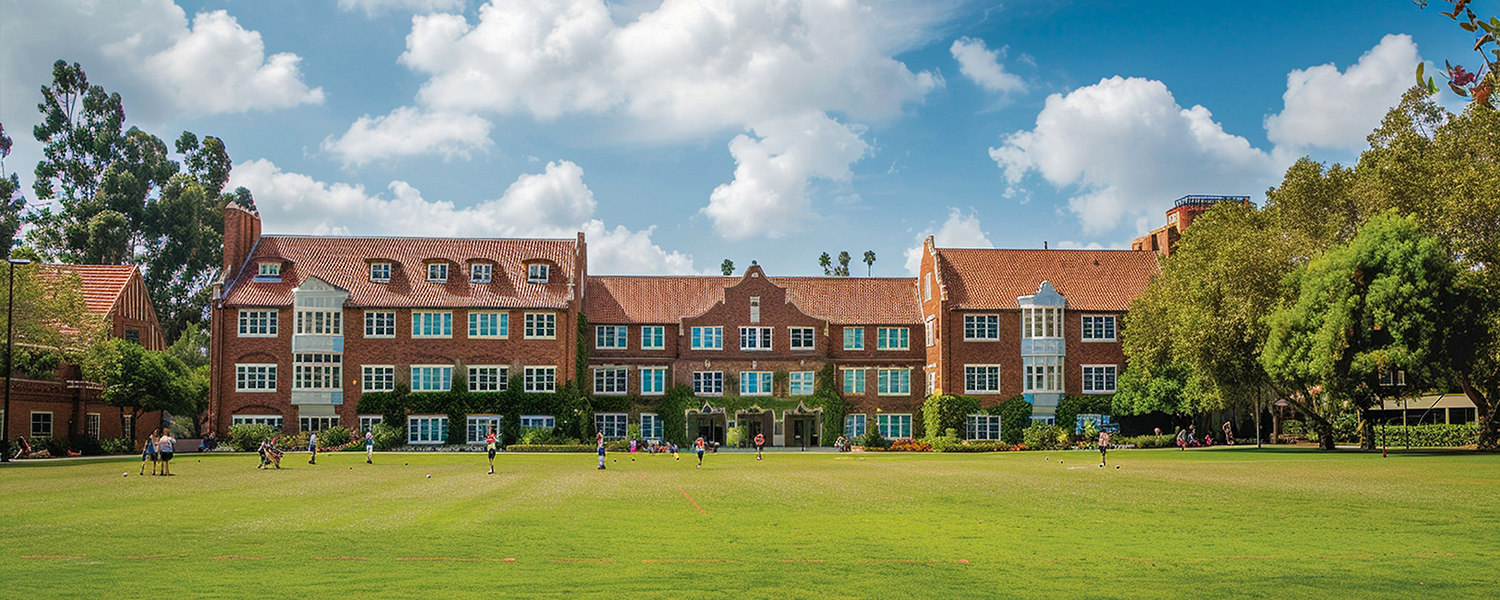Court Oks Dartmouth’s $33.75m Settlement in Aid Lawsuit
Court Oks Dartmouth’s $33.75m Settlement in Aid Lawsuit

Introduction
On July 20, a court approved Dartmouth College’s $33.75 million settlement in a class action lawsuit accusing the College and 16 other universities of violating antitrust laws and conspiring to limit financial aid for working and middle-class families.
The settlement, agreed upon by Dartmouth in February, was preliminarily approved by the court that same month. The lawsuit, initially filed in January 2022 by former students of the defendant universities, alleged that these institutions colluded on financial aid policies through the 568 Presidents Group, a consortium aimed at standardizing financial aid practices.
The plaintiffs accused Dartmouth and other universities of illegally working together to minimize financial aid, thus inflating the cost of attendance for students who relied on need-based financial aid.
Specifically, the lawsuit claimed that nine universities within the consortium, including Dartmouth, systematically favored wealthy students in the admissions process, undermining the need-blind policies that should have exempted them from antitrust laws under Section 568 of the Improving America’s Schools Act of 1994. This law allows institutions to confer on financial aid policies only if all participating schools are need-blind in their admissions processes.
Despite agreeing to the settlement, Dartmouth maintained that the plaintiffs’ claims lacked merit. According to a College spokesperson, Dartmouth chose to settle due to the potential time and cost associated with prolonged litigation, which they considered a distraction from the College’s educational mission. The spokesperson emphasized that Dartmouth continues to dispute the allegations, asserting that their financial aid packages are based solely on the individual needs and circumstances of their students.
After the lawsuit was filed, the 568 Presidents Group was dissolved, and Dartmouth, along with other defendant institutions, decided not to pursue the “Exemption Defense,” which was intended to shield them from antitrust claims based on their need-blind admissions policies. During a court hearing in July 2023, Dartmouth’s lawyer acknowledged that the College had considered donations in its admissions process, which further complicated its defense.
The court’s approval of Dartmouth’s settlement is part of a broader resolution involving several other universities. In addition to Dartmouth’s settlement, nine other institutions reached settlements totaling $284 million, including Brown University, the University of Chicago, Columbia University, Duke University, Emory University, Northwestern University, Rice University, Vanderbilt University, and Yale University. The court also approved $20,000 service awards for each of the named plaintiffs and granted their requests for expenses and attorneys’ fees.
An economics professor at Dartmouth commented that the settlement is unlikely to have a significant impact on the College’s financial aid or admissions policies. He noted that the lawsuit had already prompted changes in behavior among the schools involved, leading them to stop coordinating on financial aid even before any settlement payments were made. He also reiterated Dartmouth’s commitment to providing financial aid based solely on individual student needs.
Settlement class members who wish to receive financial compensation must now file a claim, as reported by The Dartmouth in March 2024. Eligible claimants include U.S. citizens or permanent residents who were enrolled as undergraduates at Dartmouth from the fall term of 2004 through February 28, 2024, and who received some form of need-based financial aid. To qualify, these students must have had tuition, fees, room, or board that were not fully covered by financial aid or merit aid, excluding loans, in any undergraduate year.
According to the settlement proposal, the average claimant could receive about $2,000 if half of the eligible class members submit claims.




